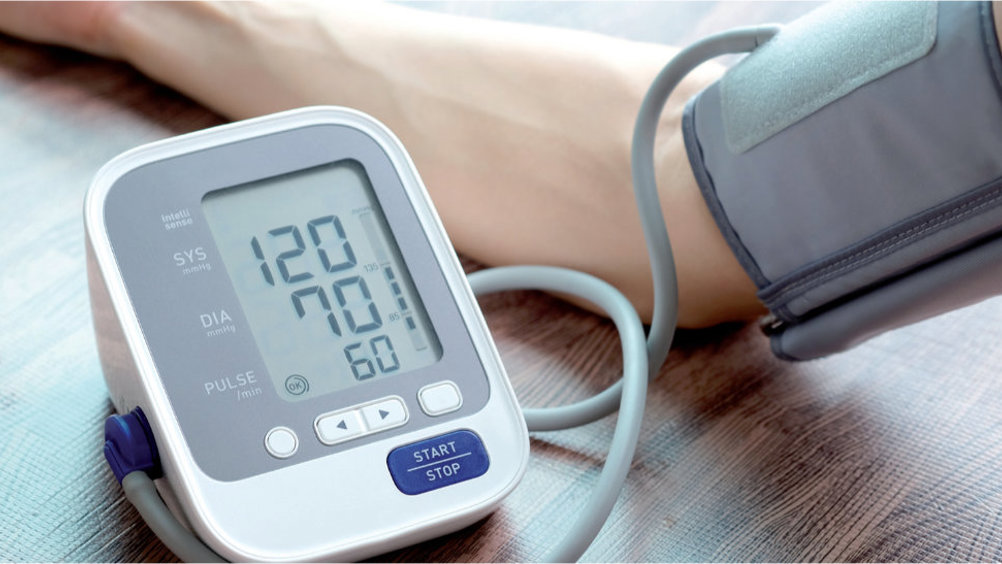References
Primary care cardiovascular disease prevention post-pandemic: a call to action

Abstract
Optimisation of hypertension identification and treatment is key to reducing health inequalities. Kate Phillips and Luke Evans highlight the role practice nurses can play in implementing the national Blood Pressure Optimisation Programme
Cardiovascular disease (CVD) is a largely preventable illness, which causes a quarter of all deaths in the UK (Bhatnagar et al, 2015). During the pandemic, CVD claimed more lives than COVID-19 and affected minority ethnic groups and those from deprived communities at an increased rate (Ahmad, 2021). CVD is the single biggest condition where, with early intervention, lives could be saved (NHS England, 2019). Due to the impact that CVD has on minority and deprived communities, it has become a national priority. Hypertension optimisation features as one of the Core20Plus5 key clinical areas for health inequalities (NHS England, 2021).
Hypertension (high blood pressure) is one of the leading causes of heart attacks and strokes (Stamler et al, 1993), which are the most common cause of premature death (Bhatnagar et al, 2015). It accounts for a 25% life expectancy gap between the most affluent and the most deprived communities (UK Health Security Agency (UKHSA), 2021). Treatment that aims to lower blood pressure is highly effective at preventing these life-changing events, reducing demand on hospital services as well as health and social care costs. Primary care services are best placed to facilitate preventative interventions on these patients as they serve populations of 30 000–50 000 individuals and can provide opportunistic assessments of CVD risk (Gillespie and Kearney, 2019).
Register now to continue reading
Thank you for visiting Practice Nursing and reading some of our peer-reviewed resources for general practice nurses. To read more, please register today. You’ll enjoy the following great benefits:
What's included
-
Limited access to clinical or professional articles
-
New content and clinical newsletter updates each month

